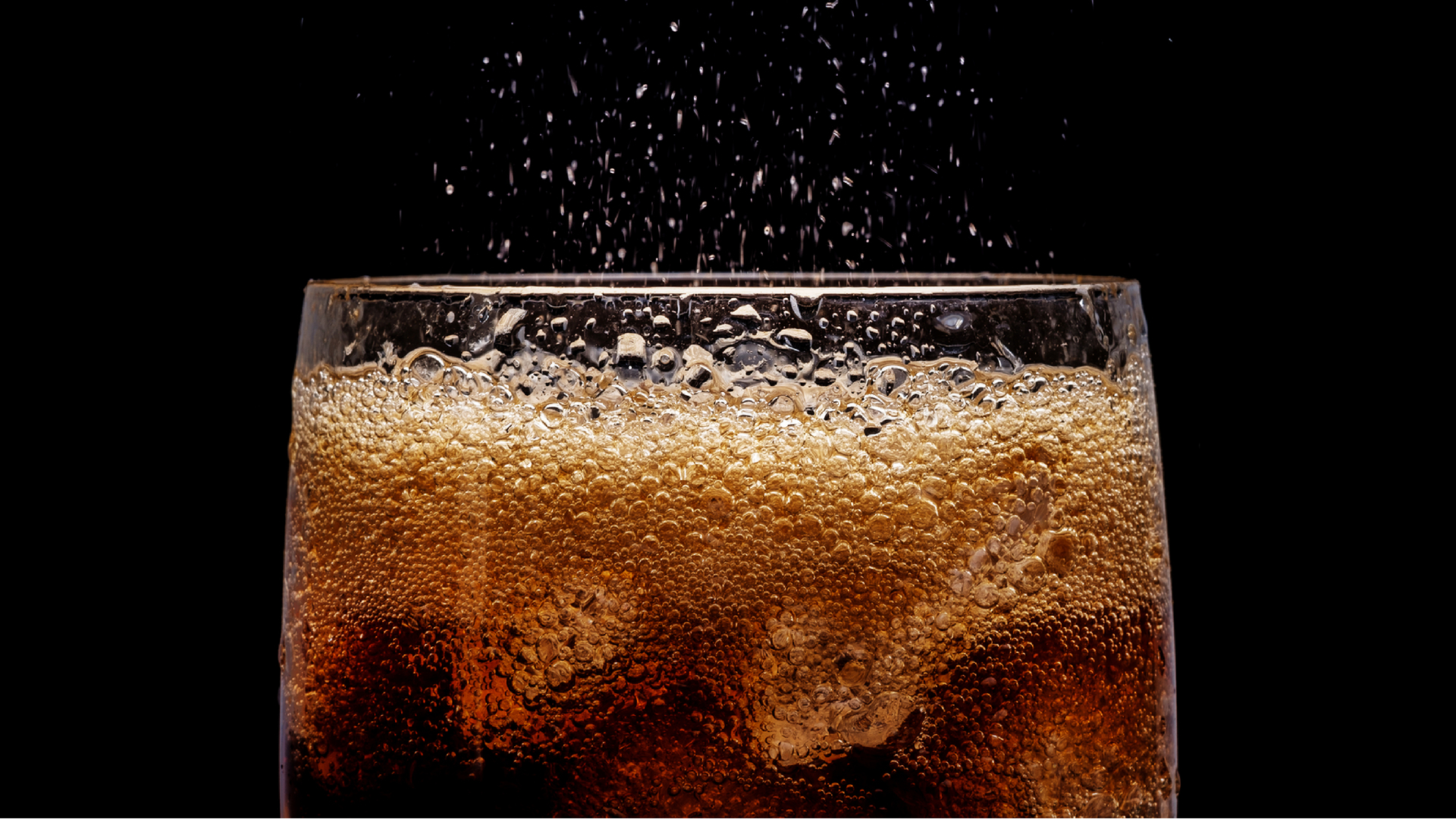
Soft-drinks are loaded with sugar providing ‘empty calories’ with no valuable nutrients such as vitamins, minerals or fiber. They are bad for teeth not only due to the high amount of sugar but also the high acid content present damages the tooth enamel resulting in tooth decay. Studies have also shown that consumption of soft drinks can have negative effects on the bones, lead to heart disease, Type 2 Diabetes and obesity1. Decreasing the amount of soft drinks your child drinks will help keep him/her healthy.
Here are a few ways to help your children reduce their soft-drink consumption
- Education:- Children should be taught about the negative affects the soft drinks have. This should be explained in easy ways that they can understand depending on their age. Taste will probably predominate and children will still want to drink what tastes good therefore it is very important for them to know that there are other alternatives that taste good too.
- Limit availability:- As parents /guardians you are in full control of what food/drinks are available at home. If you do not buy soft drinks, children will not have them at home and therefore will not drink them.
- Lead by example: Make it common practice as a family to drink water instead. Children tend to follow by example. If they see you drinking water, they are more likely to drink it themselves.
- Cut down slowly: If your child is used to drinking soft drinks do not stop them all at once. Taste buds need time to get accustomed to different tastes and if your child is used to caffeine and sugar boost from soft drinks stopping them all at once can trigger irritability.
Ways of reducing intake slowly include :–
- Decrease the quantity per serving e.g. half a glass instead of a full glass
- Limit the amount of times they can drink it during a day e.g. limit soft drinks only during certain meals.
- Dilute with water
Work on these reductions slowly until eventually all soft drinks is replaced with water.
- Offer good tasting alternatives: When you are decreasing soft drink intake from your child offer good tasting alternatives such as fruit infused Be careful when buying commercially available fruit flavored water some of them are loaded with sugar while others have sweeteners added.
Diet soft drinks are not a healthier option. Not only is the ‘habit’ of drinking sweet drinks maintained, studies have also shown that drinking diet soft drinks can still result in weight gain due to craving more sweet foods and drinks – this can add up to excess calories. The long-term effects of children drinking artificially-sweetened drinks are unknown2.
- Special Occasion treat: It is very difficult to control what food and drinks are offered at other people’s places. If for example, soft drinks are offered at a friend’s place do not worry. Just make sure these are on very special and limited occasions.
AUTHOR : Melania Spiteri B.Pharm (Hons), pg dip nutr & diet, M.Ent.
Melania is a state registered pharmacist and nutritionist
References
- Harvard T. H. Chan School of Public Health. The Nutrition Source – Soft-drinks and Disease. (Accessed on August 2nd 2017) https://www.hsph.harvard.edu/nutritionsource/healthy-drinks/soft-drinks-and-disease/
- Harvard T. H. Chan School of Public Health. The Nutrition Source – Artificial Sweeteners. (Accessed on August 2nd 2017) https://www.hsph.harvard.edu/nutritionsource/healthy-drinks/artificial-sweeteners
